Inside every step Tennessee took to avoid a bowl ban in explosive Jeremy Pruitt NCAA case
The University of Tennessee staunchly defended its innocent football players and pulled off a savvy strategy to avoid a postseason ban in the Jeremy Pruitt recruiting scandal, newly released documents show.
The details have emerged from that behind-the-scenes effort, which included every resource at UT’s disposal and even a boost from the Tennessee attorney general.
Knox News obtained internal emails, investigative reports and selective transcripts of closed hearings through open records requests. They disclose eye-opening details about the NCAA infractions case that finally concluded Friday after almost three years.
The documents reveal how UT played ball with the NCAA and won.
Pruitt, the former UT football coach, received a six-year show-cause penalty for his part in scandal, which included 18 highest-level violations and 200 individual infractions.
A show-cause means a university cannot hire a coach or recruiter without penalties during the ban unless the NCAA agrees. Pruitt's show-cause includes a 100% suspension for the first year of employment should an NCAA school hire in him in any athletics position.
Seven assistant coaches and staff members also received multiyear show-cause penalties.
Meanwhile, the football program was put probation for five years. The penalty of 28 scholarship cuts, recruiting restrictions, vacated games and a hefty fine, including $8 million, 50% of gross revenue paid to SEC for UT's participation in the 2020 TaxSlayer Gator Bowl under Pruitt, $5,000 plus 3% of football budget
The university had already self-imposed and absorbed a portion of the sanctions over the past two years, so the impact should be manageable.
But the university avoided the stiffest penalty of a postseason ban. And there’s quite a story behind that victory.
Exclusive coverage: Tennessee, Jeremy Pruitt learn NCAA penalties
Fulmer was either fooled by Pruitt or feigned ignorance, records show
Tennessee paid Darnell Washington cash. He still went to Georgia
Vols assistant paid recruits from bank account shared with parents, records show
Fulmer's list of candidates to replace Pruitt included some wild names
Derrick Ansley pointed finger at Pruitt in NCAA investigation. Here's how
How Pruitt, staff members cheated NCAA rules — and penalty each received
NCAA doesn't hammer Casey Pruitt — Jeremy Pruitt's wife — for role in scandal
'I believe in doing the right thing'
Documents show how UT outmaneuvered obstacles that had previously buried schools in similar cases.
They reveal how the university ensured players who did nothing wrong didn’t suffer consequences of others’ actions. And they demonstrate how Chancellor Donde Plowman’s risk to cooperate with NCAA investigators from Day 1 paid off.
“I believe in doing the right thing, even when it’s a more difficult choice,” Plowman told the NCAA Committee on Infractions in a closed hearing April 21. “And I refuse to believe that our case will be resolved in a way that makes doing the right thing, wrong.”
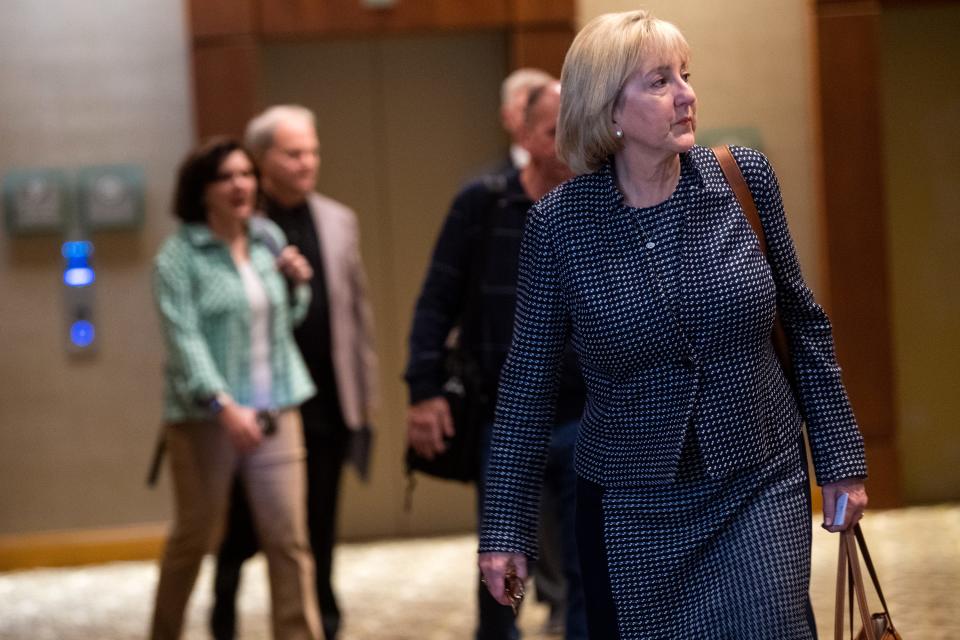
UT, at the least, made the most of a bad situation. It pulled off an effective strategy that took advantage of new legislation and the culpability of Pruitt and his staff.
But, at the most, it performed a masterclass in how to cooperate with the NCAA to place punishment where it belongs, on the bad actors.
Kay Norton, the head of the NCAA infraction committee that ruled on the case, said UT didn’t get a postseason ban because it cooperated with the investigation to an “exemplary” level. Anything less would’ve yielded an automatic ban.
Regardless of the means, UT set the template for how universities can deal with the NCAA in major infractions cases in a new era of enforcement.
Here’s how the university pulled it off.
[ Tennessee beat writer Adam Sparks and Knox News are leading the conversation on the Vols' NCAA violations case under Jeremy Pruitt. Sign up for Sparks' text group today to get exclusive access to his reporting ]
Case could’ve been over a long time ago
From early in the investigation, UT wanted a quick resolution that included what it thought were extensive and appropriate penalties but not a postseason ban.
It accelerated the process and then slowed it to accomplish that goal.
In October 2021, UT and the NCAA enforcement staff agreed on a preliminary plea bargain for its portion of the case, documents show. The findings of the investigation were clear to both sides, and the penalties were agreeable between UT (the defendant) and NCAA enforcement (prosecutors).
But the NCAA Committee on Infractions denied the deal and opted to drag out the process for the sake of precedent. Cases involving serious violations usually went to a hearing rather than a bifurcated negotiated resolution, and NCAA bylaws said a postseason ban had to be considered unless extenuating circumstances were present.
UT tried numerous times to push through a plea deal. But it was never successful because it didn’t include a postseason ban.
When it was clear that a new NCAA constitution would open more avenues to argue, UT stalled the process with deadline extensions to let favorable legislation catch up to its case. But the Committee on Infractions denied every request, still leaning on precedent and an aged infractions structure.
Ultimately, the penalties that the Committee on Infractions gave UT were similar to the ones agreed upon in the original plea bargain almost two years ago. And UT predicted that outcome.
In September 2021, lawyers for the university sent the NCAA a report entitled “Roadmap to a Negotiated Resolution.” It argued that UT’s part of the case was finished and should be resolved with appropriate penalties.
Then the NCAA could deal with Pruitt and others, and UT could move on.
“As it concerns the University and its culpability for violations, the investigation is substantially complete,” the report said. “Taking the traditional hearing route … would unnecessarily delay resolution for the University by a year or more and, moreover, further disincentivize other NCAA member institutions from acting in the same cooperative manner.”
How Donde Plowman stood ground behind closed doors
UT refused to accept a postseason ban because it would punish innocent players for violations committed by former coaches and players.
That hard stance ultimately sent the case to a hearing, where UT argued its side.
Pruitt, his coaches and staff were either fired for cause or not retained. And the violations almost exclusively involved players no longer in the UT football program.
In the hearing, Plowman told the Committee on Infractions that UT’s 2023 roster under coach Josh Heupel consisted of 122 players, including 91 who enrolled after Pruitt was fired.
“So they weren’t even on the team when the violations occurred,” Plowman said.
And eight players on the 2023 roster involved in violations were cleared by the NCAA of any intentional wrongdoing.
“We are talking about kids who wanted to stay and help rebuild their football team and create a new, positive culture,” Plowman said.
Finally, Plowman said the “overwhelming majority of impermissible benefits” involved recruits who never enrolled at UT and players who transferred to other schools and continued to play, including bowl games, with no penalties.
The hearing was closed to media and the public. Plowman’s remarks to the committee were shared in an internal email and obtained by Knox News through an open records request.
Behind the scenes, UT pressed NCAA at every level
UT was relentless in arguing for a negotiated resolution with no postseason ban rather than a hearing. And it attacked the issue from multiple fronts.
In September 2021, UT’s high-powered lawyers began peppering different levels of the NCAA with arguments. UT administrators and attorneys also pressed every person involved, from low-level enforcement staffers to then-NCAA President Mark Emmert, to get what it felt was well-earned leniency.
That fall, Plowman twice visited NCAA headquarters in Indianapolis to plead the case in person. And UT issued a public statement, saying it would accept accountability and self-impose penalties, but not a postseason ban.
Finally, in an unexpected twist, the Tennessee attorney general got involved.
‘NCAA rules cannot supersede Tennessee law’
Tennessee Attorney General Jonathan Skrmetti told the NCAA that a postseason ban would violate state law because it prohibits players’ ability to earn money for their name, image and likeness.
On March 31, Skrmetti sent a letter to Scott Bearby, NCAA Vice President of Legal Affairs, to make that clear.
“Tennessee law prohibits the NCAA from imposing such a sanction, and I will not hesitate to vindicate the rights of UT students to enjoy the full measure of their intercollegiate athletic opportunities,” Skrmetti wrote in the letter obtained through an open records request.
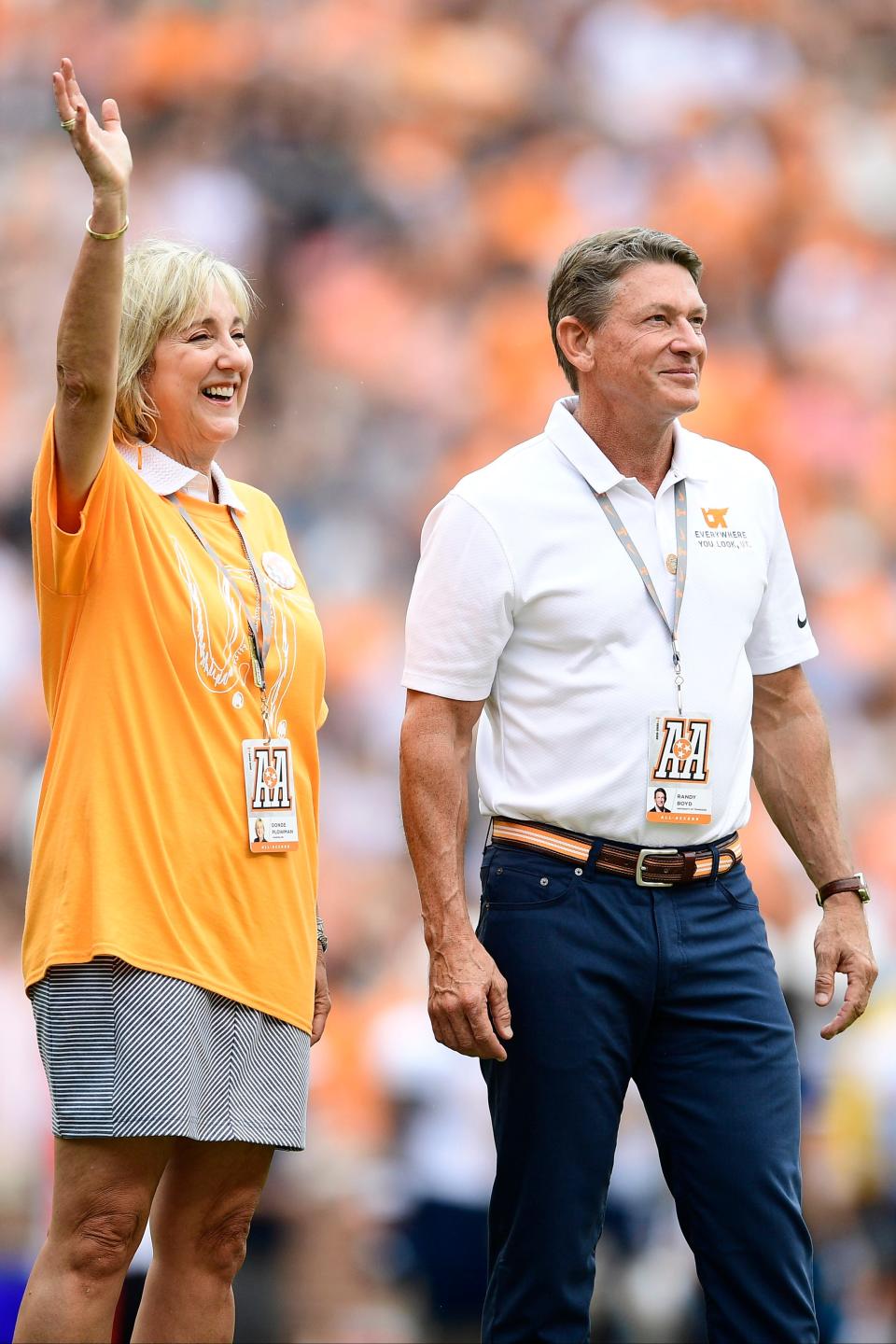
“NCAA rules cannot supersede Tennessee law.”
New state laws have challenged the reach of the NCAA authority over universities in the NIL space. But using them to combat the possibility of a postseason ban is a unique tactic.
Skrmetti cited Tennessee Code 49-7-2803, which was amended in April 2022 with a carveout to protect student-athletes from being punished for violations they didn’t commit.
“An athletic association’s governing actions … must not interfere with an intercollegiate athlete’s ability to earn compensation in accordance with this part and must not otherwise impact an intercollegiate athlete’s eligibility or full participation in intercollegiate athletic events,” the law says, “unless the intercollegiate athlete has committed a violation of rules.”
In other words, a player’s NIL rights would be limited by not playing in a high-profile bowl game.
“These rules are consistent with basic human decency,” Skrmetti wrote. “Kids who do no wrong should not be punished.”
New NCAA rules were tailor-made for Tennessee
Skrmetti also argued that the new NCAA constitution should take a postseason ban off the table.
Of course, UT already knew that. And it realized other changes to the NCAA’s enforcement approach would be coming soon. That’s why, after its initial approach failed, UT stalled the case long enough to let favorable legislation fall into place.
The new NCAA constitution went into effect in August 2022. Soon after, the Division I Board of Directors adopted significant modifications to the enforcement process. And, in January 2023, the NCAA Transformation Committee released its final report, which will inform future changes.
The language in all three documents looked tailor-made to reward schools that responded to violations like UT did in its case.
The new constitution stated that “to the greatest extent possible” penalties should not punish programs or student-athletes who were not involved in the infractions. Instead, bad actors should be penalized. UT fired the coaches who committed violations, and the players involved are no longer on the team.
The Transformation Committee also recommended using alternative penalties to replace postseason bans, but that complete abolition hasn’t occurred yet.
Meanwhile, the new enforcement approach fits perfectly with UT because it rewards schools for:
Detection and self-reporting of violations. In its Notice of Allegation, the NCAA credited UT with self-reporting, building the case against itself and its coaches and digging up new violations that NCAA investigators had not discovered.
Facilitating cooperation of third parties. UT arranged for more than 120 interviews with coaches, staff, players, recruits, family members, high school coaches and other relevant individuals. Most of them had no contractual obligation to speak to investigators.
Obtaining electronic devices as evidence. UT obtained hundreds of thousands of records, including 230,000 pages of forensically imaged cell phone data, bank records, video footage and other records volunteered by local Knoxville businesses. Without it, the allegations would’ve been thin.
Active involvement by chancellor/president in investigation. Plowman was integral in every facet of the investigation. For example, she met twice with the NCAA enforcement staff in Indianapolis. And she delivered the opening statement and closing remarks at the Committee on Infractions hearing.
Schools that push for an accelerated timeline through cooperation and resolution. UT reached a preliminary plea agreement with the NCAA enforcement staff early in the investigation. It made numerous attempts to close the case with a negotiated resolution, but all were denied.
“Tennessee demonstrated a set of behaviors (in cooperation and transparency) that rises above and beyond a school’s already high obligation to further the infractions process," Norton said.
By principle or strategy, UT approach paid off
In the past, schools like UT in cases like this likely would’ve gotten a postseason ban.
Give UT credit for foresight of favorable legislation and perhaps capitalizing on a subtle degree of influence.
The Transformation Committee is co-chaired by SEC commissioner Greg Sankey, who collaborated with UT at the infractions hearing and throughout the case.
NCAA enforcement changes were influenced by a report from LEAD1, an association representing all 130 FBS athletics directors. UT deputy athletics director Cameron Walker, who shares lead administrator duties over Vols football, was one of 17 members of the working group that created the report.
UT faculty athletics representative Donald Bruce was among 28 members on the NCAA constitution committee and one of two employees from an SEC school. That committee pushed through the changes that disincentivized postseason bans.
And UT paid almost $2 million in legal fees to Bond, Schoeneck and King, the best law firm specializing in NCAA cases that money can buy. Those lawyers, including former NCAA enforcement staff, guided the university through the case.
It’s debatable whether UT affected the changes that helped its case or simply saw them coming. But Plowman maintained her belief that transparent cooperation and shrewd strategy would avoid a postseason ban.
UT made the most of a bad situation. And that had been rare in NCAA cases, until now.
Adam Sparks is the Tennessee football beat reporter. Email adam.sparks@knoxnews.com. Twitter @AdamSparks. Support strong local journalism by subscribing at knoxnews.com/subscribe.
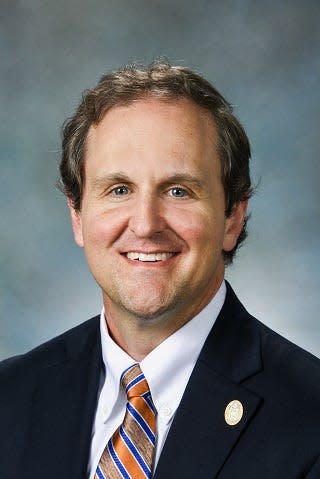
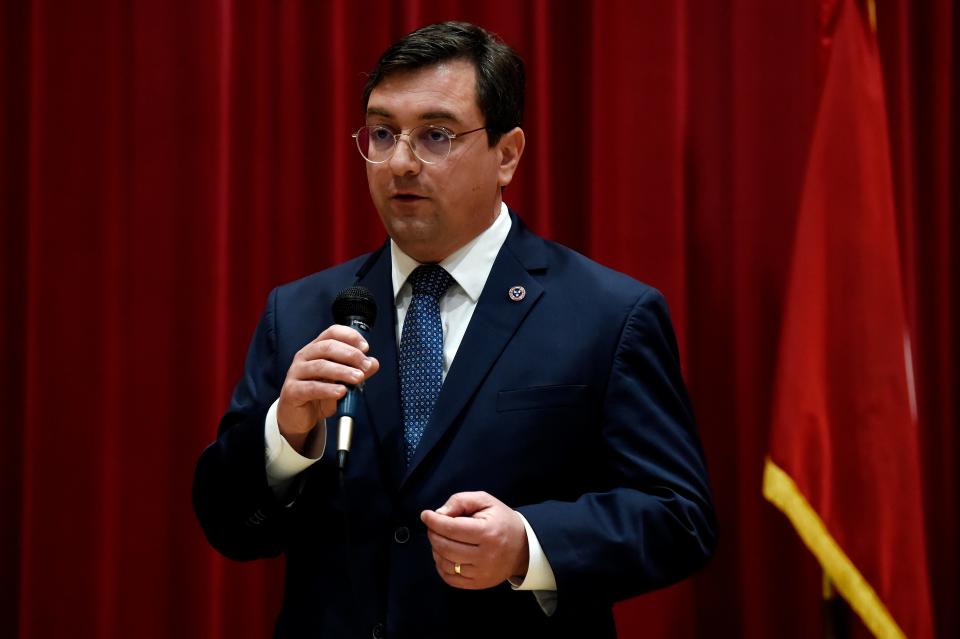
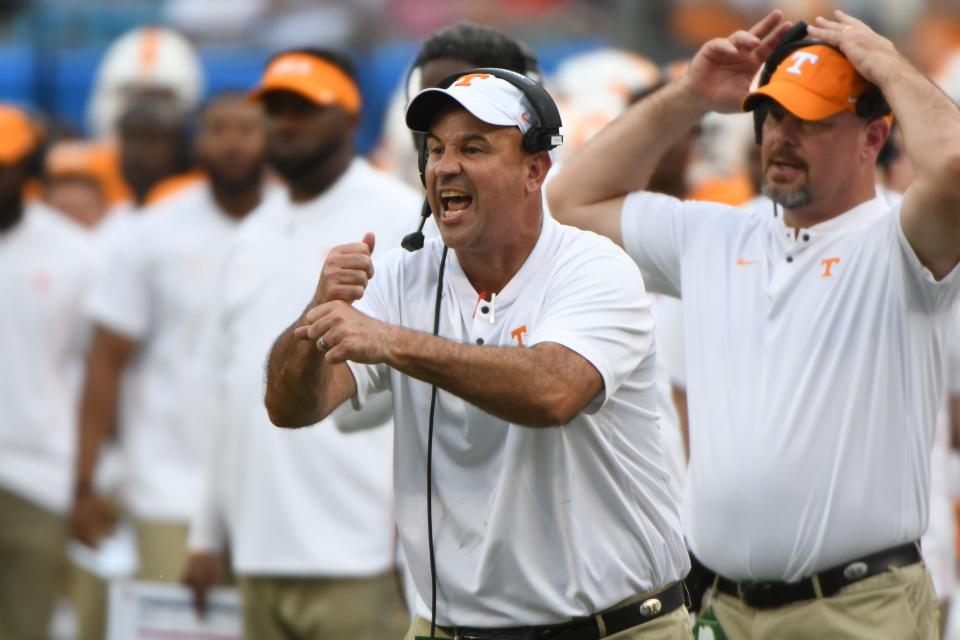
This article originally appeared on Knoxville News Sentinel: How Tennessee football eluded bowl ban in Jeremy Pruitt NCAA case
